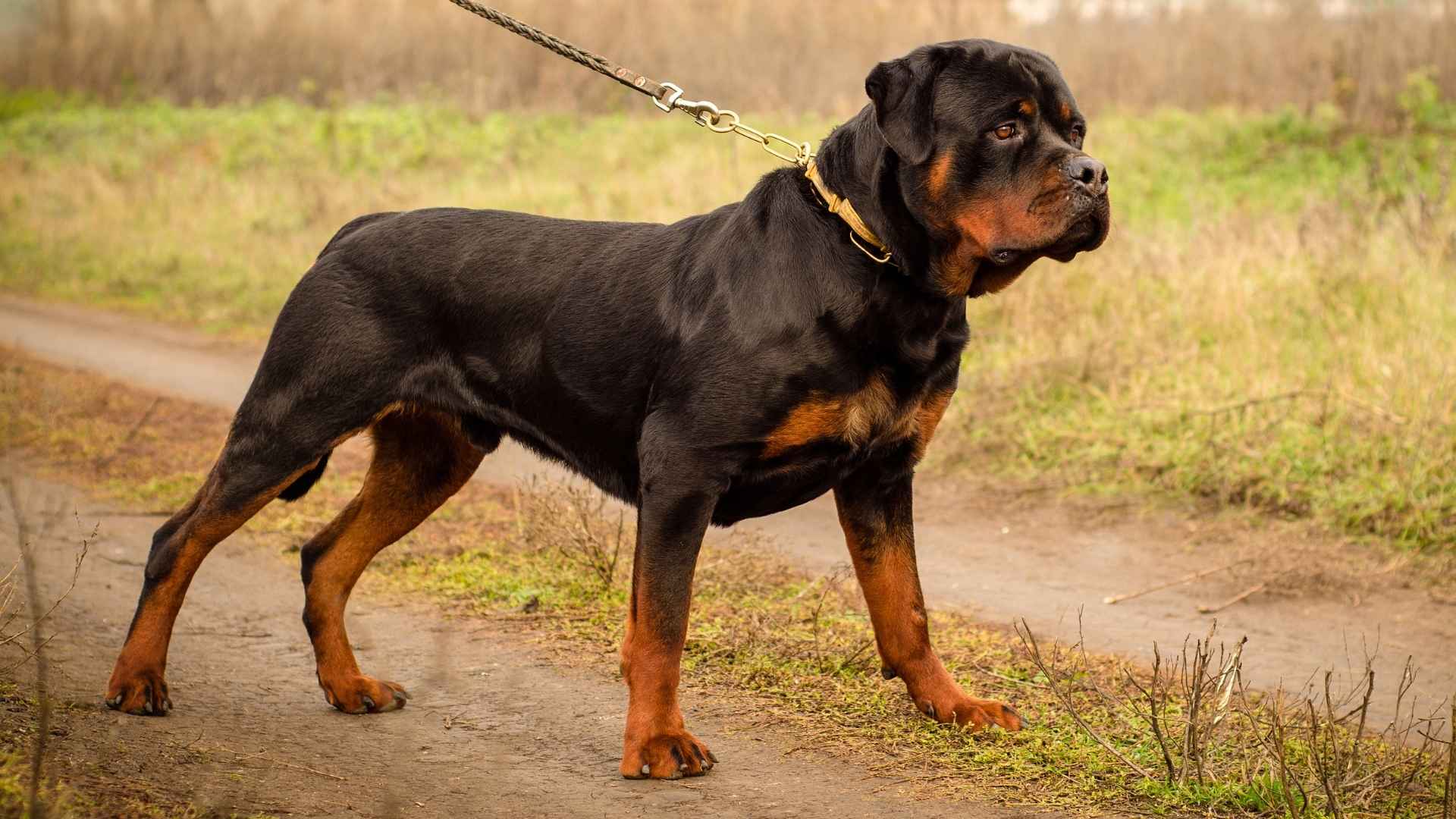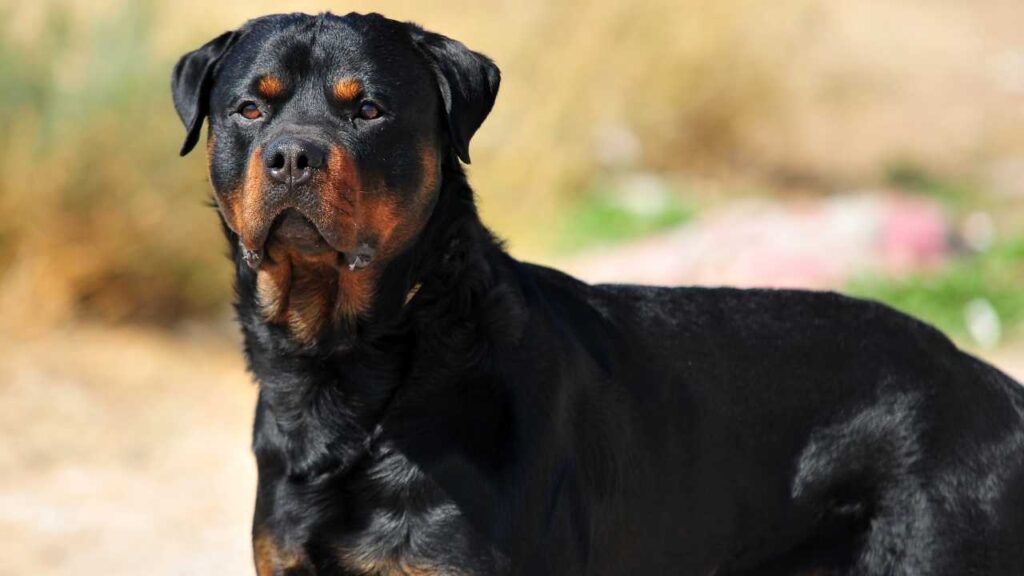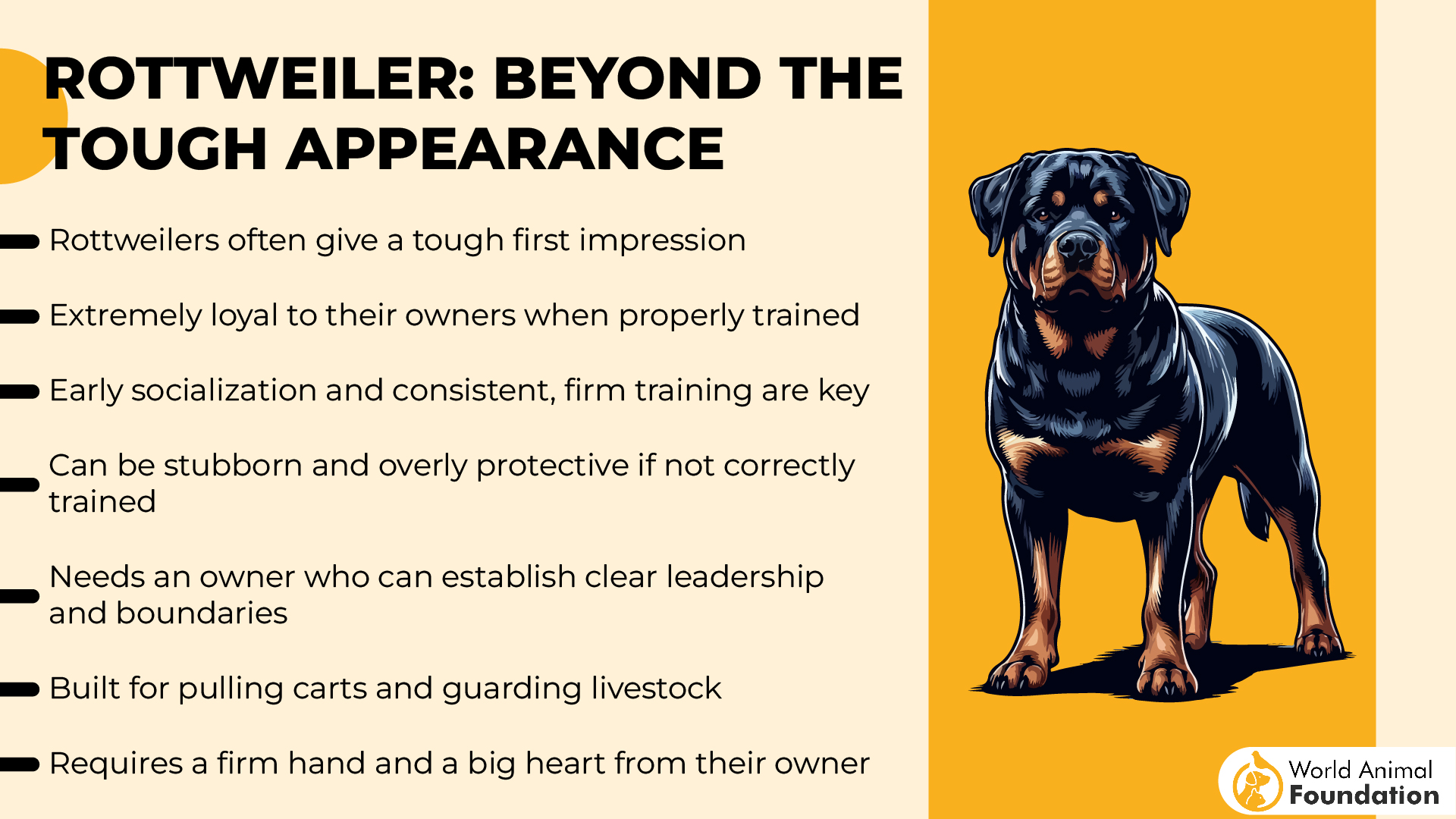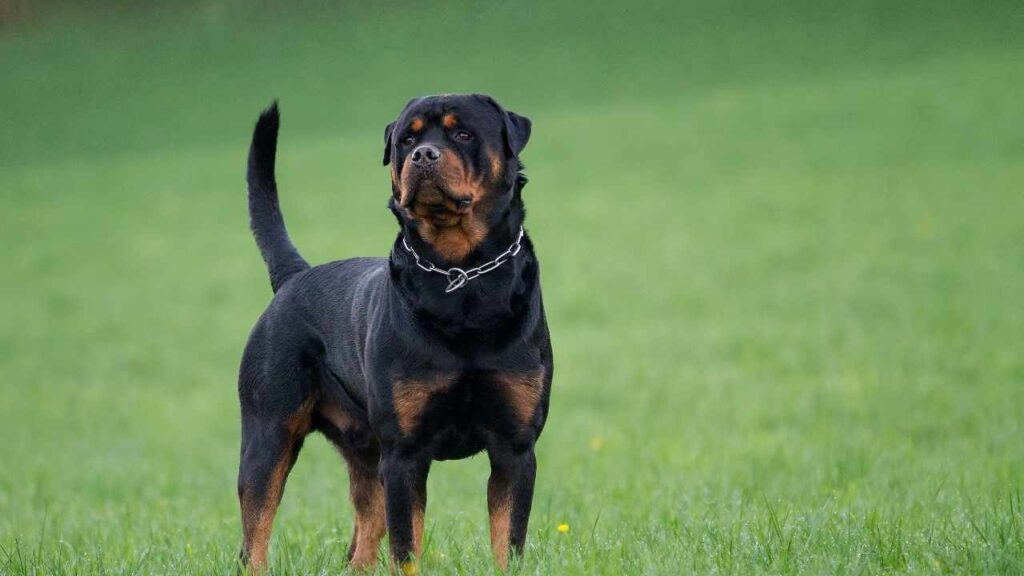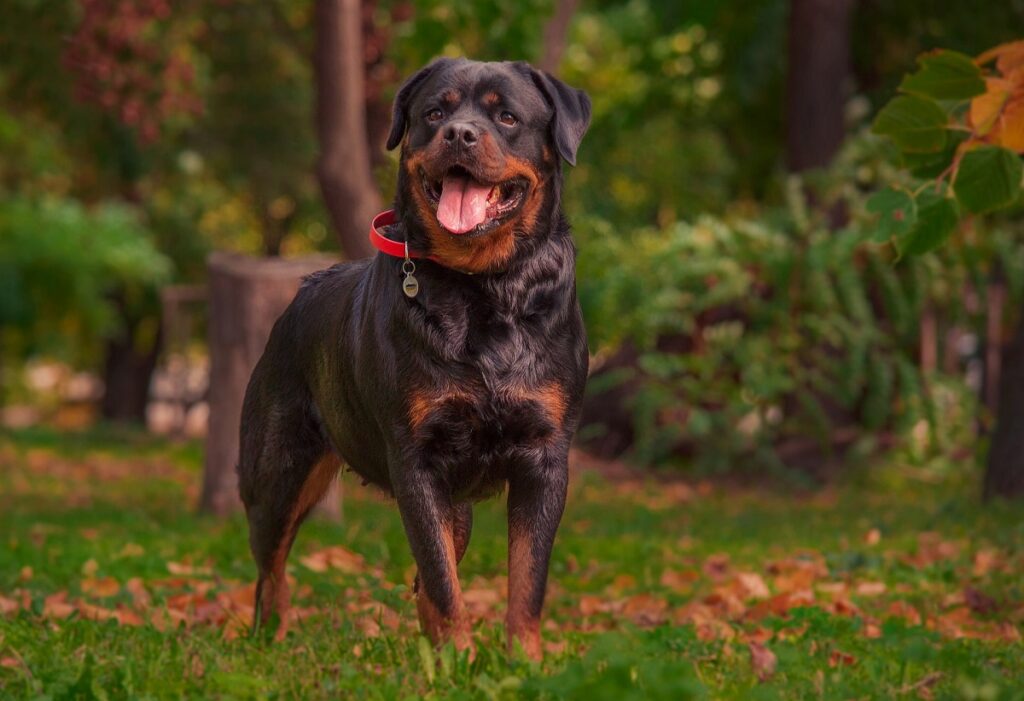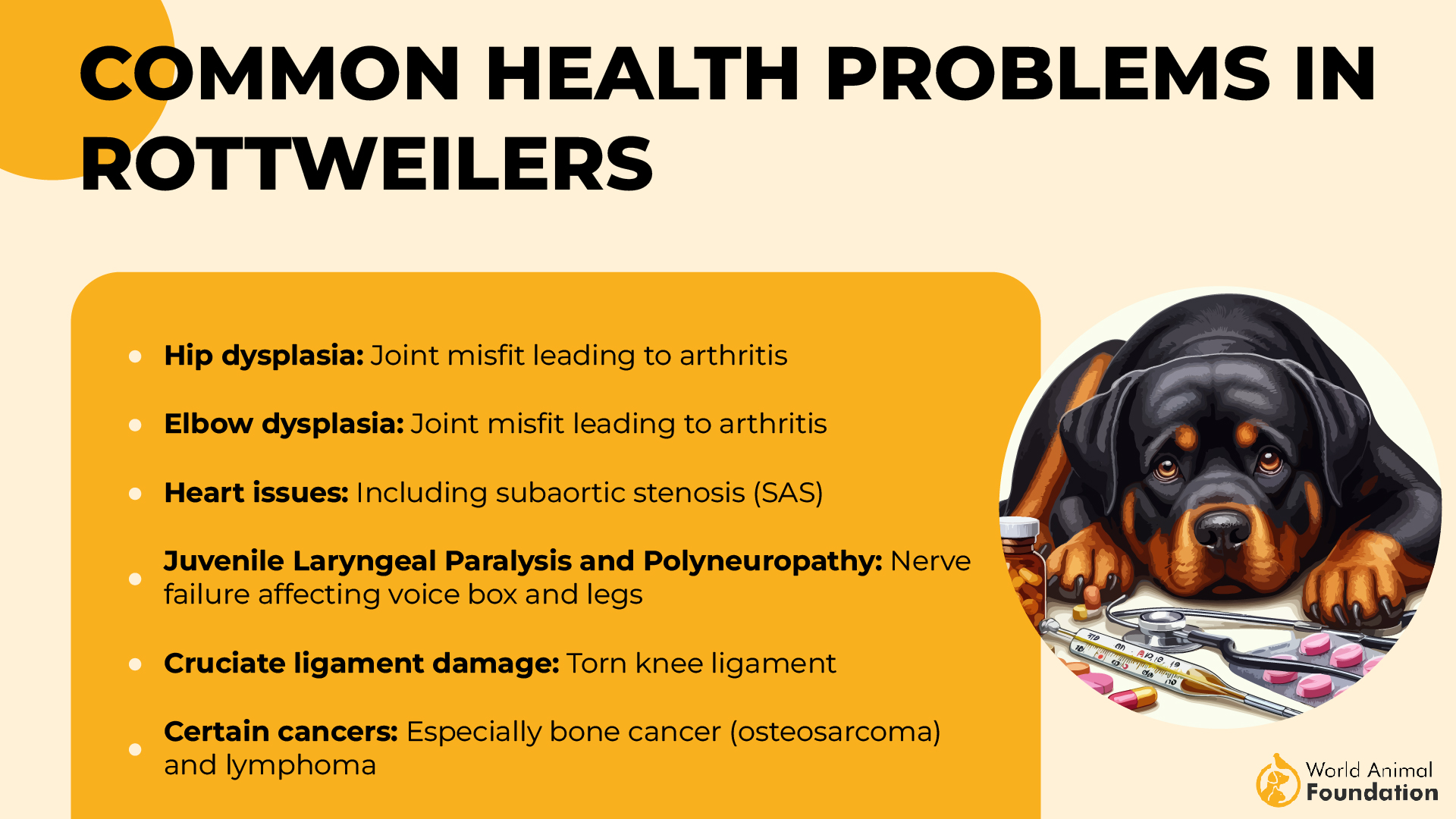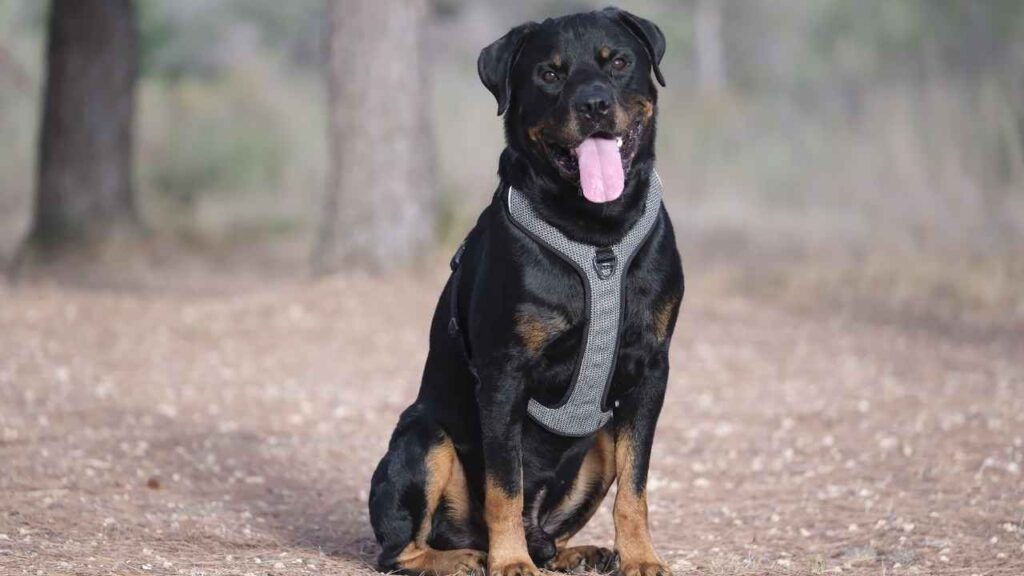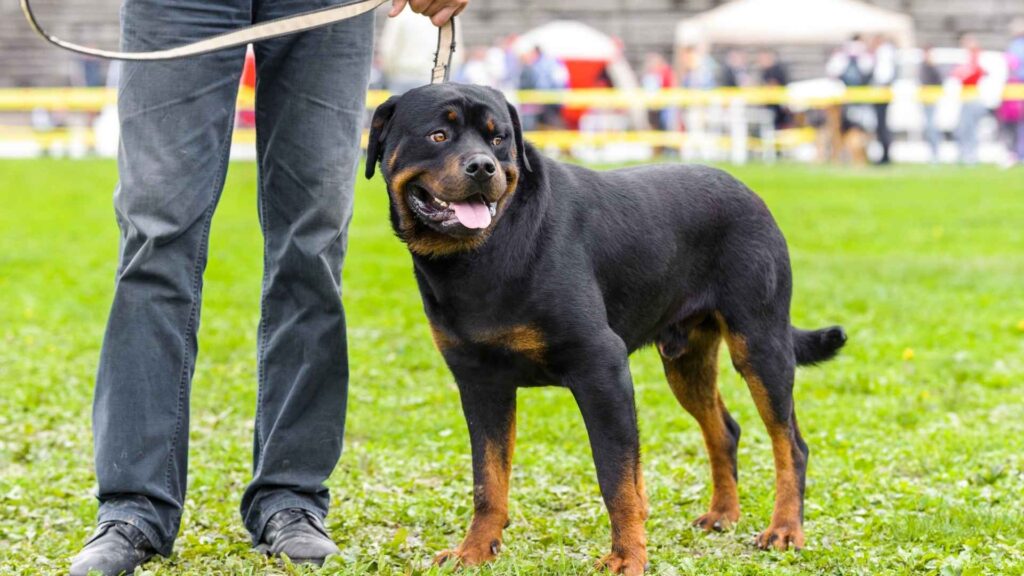Rottweilers, with their imposing stature and confident demeanor, are frequently sought after as guard dogs. Known for their loyalty, intelligence, and protective instincts, these robust canines have a long history of working alongside humans, from herding cattle to safeguarding premises. Their natural territorial instincts make Rottweilers highly effective in deterring potential intruders. However, their suitability as guard dogs extends beyond mere appearance; it involves responsible ownership, proper training, and socialization. Exploring whether Rottweilers make good guard dogs necessitates understanding their temperament, training needs, and the commitment required to harness their full potential as conscientious protectors.
Rottweilers are one of the most recognizable dog breeds in the world, known for their muscular build and distinctive black-and-tan markings. They are often associated with being excellent guard dogs, but how accurate is this reputation? Before deciding if this dog is right for your family or property, it is essential to explore their history, traits, and care needs.
Guard dogs have been part of human history for centuries, providing protection, companionship, and assistance. Rottweilers are frequently discussed as a top contender in this category due to their loyalty, strength, and intelligence. However, their suitability as a guard dog depends on several factors, including their training, socialization, and the owner’s expectations.
In this blog, we’ll examine why Rottweilers have earned their reputation as guard dogs by examining their history, physical traits, and temperament. Additionally, we will cover essential grooming and health tips for owning a Rottweiler and discuss how to train and socialize this powerful breed effectively.
Are Rottweilers Good Guard Dogs?
Rottweilers are widely regarded as one of the best guard dog breeds. Their instincts to protect their family and territory make them ideal for this role. A well-trained Rottweiler can distinguish between a genuine threat and a friendly visitor, just like the German Shepherds, making them dependable companions for those seeking security. AKC categorizes them in the working dog breed.
One reason Rottweilers excel as guard dogs is their fierce loyalty to their owners. They are naturally protective but not excessively aggressive, which allows them to react appropriately in different situations. For example, they may bark to alert their owner of a potential intruder but will remain calm and composed when meeting a familiar face.
However, it’s crucial to understand that not every Rottweiler will be an effective guard dog without proper training. Their intelligence and eagerness to learn make them trainable, but a lack of socialization or guidance can lead to behavioral issues. Therefore, an owner’s dedication to consistent training and nurturing the dog’s instincts is key.
History of the Rottweiler
The origins of these protective guard dogs can be traced back to ancient Rome, where they were initially used as herding and drover dogs. Roman soldiers relied on Rottweilers to guard livestock, assist with herding, and even pull carts loaded with supplies. These versatile dogs were prized for their strength, intelligence, and ability to adapt to various tasks.
As the Roman Empire expanded, Rottweilers traveled across Europe, eventually settling in the German town of Rottweil. Here, they became known as “Rottweiler Metzgerhund,” or Rottweil butcher dogs, because of their role in protecting cattle and accompanying butchers on their trade routes. Their strong guarding instincts began to take shape during this time, solidifying their reputation as reliable working and rescue dogs.
In modern times, Rottweilers have transitioned from herding dogs to service animals, family companions, and, of course, protective dogs. Their rich history as protectors and workers continues to influence their temperament and capabilities, making them a popular choice for security and companionship worldwide. They indeed have all the traits to be great family pets!
Physical Appearance
These fantastic guard dogs are medium-to-large-sized, with males typically weighing between 95 and 135 pounds and females ranging from 80 to 100 pounds. Their powerful, muscular build contributes to their imposing presence. Their broad chest, straight back, and muscular neck enhance their physical capabilities as guard dogs.
One of the breed’s most distinctive features is their short, double-layered coat, usually black with rust or mahogany markings on their cheeks, chest, and legs. WebMD claims these marks cover their toes as well. These markings give them their characteristic “Rottweiler look,” which is instantly recognizable to dog enthusiasts and casual observers alike.
Compared to other dogs, their almond-shaped eyes convey intelligence and alertness, while their strong jaws and well-defined muzzle signify their capability to act when necessary. Despite their intimidating appearance, these family dogs often have a calm and confident demeanor, making them approachable when trained and socialized correctly.
Grooming Tips for a Rottweiler
Thanks to their short, dense coat, rottweilers are relatively low-maintenance when it comes to grooming. Weekly brushing with a firm bristle brush is usually sufficient to remove loose hair and maintain a healthy coat. During shedding seasons in spring and fall, you may need to brush them more frequently to manage their fur.
Bathing this loving family pet is generally only necessary when it becomes dirty or develops an odor. Overbathing can strip the natural oils from its coat, leading to dryness or irritation. Using a mild dog shampoo ensures its skin and coat remain in optimal condition.
Other grooming needs include regular nail trimming, ear cleaning, and dental care. Rottweilers are prone to ear infections if their ears are not kept clean, so check them weekly for dirt or signs of irritation. Brushing their teeth at least a few times a week will also help prevent dental issues common in larger breeds.
Health Concerns in Rottweilers
Like all breeds, Rottweilers are susceptible to specific health issues. One of the most common problems in this breed is hip and elbow dysplasia, a hereditary condition that can cause joint problems and mobility issues. Regular veterinary check-ups and maintaining a healthy weight can help manage or prevent this condition.
They are also prone to heart conditions, such as aortic stenosis, and certain types of cancer, including osteosarcoma (bone cancer). Early detection and treatment are crucial, so regular health screenings are essential.
Another concern for the Rotties is obesity. Given their large frame and love of food, owners must be vigilant about portion control and exercise. A balanced diet, regular exercise, and monitoring for any signs of illness can significantly improve a Rottweiler’s quality of life and longevity.
Traits of a Good Guard Dog
A good guard dog must possess physical strength, intelligence, loyalty, and the ability to remain calm under pressure. Rottweilers embody all these traits, making them highly effective in this role. Their natural protective instincts ensure they are always aware of their surroundings and ready to act if a threat arises. PetMD says they are a great choice for active families!
Additionally, a guard dog must have a strong protective instinct and the ability to distinguish between a friend and a foe. Rottweilers excel in this regard due to their high intelligence and trainability. They are capable of learning complex commands and responding appropriately to different scenarios.
Another key trait of a good guard dog is courage. Rotties are fearless when it comes to protecting their loved ones. Numerous accounts have been given of Rottweilers defending their families from intruders or dangerous animals, showcasing their bravery and commitment.
Training and Socializing a Rottweiler
Proper training and socialization are essential for a Rottweiler to reach its full potential as a guard dog. Training should begin early, ideally when the dog is a puppy, to establish good behavior and obedience. Positive reinforcement methods, such as treats and praise, work best with this intelligent and eager-to-please breed.
Socialization is equally important; it helps them develop confidence and learn how to interact with various people, animals, and environments. Purina recommends introducing them to different situations from a young age to reduce the likelihood of fear or aggression, which can be problematic in an adult Rottweiler. When properly trained, these big dogs make excellent police dogs.
Consistency and patience are key to gaining the full benefits of a properly trained dog. Advanced obedience and specialized guard dog training can further refine a dog’s natural abilities. Hiring a professional trainer or enrolling in training classes may help first-time Rottweiler owners or those seeking expert guidance.
Conclusion
Thanks to their loyalty, intelligence, and natural protective instincts, Rottweilers are undoubtedly among the best guard dogs. However, owning this loving dog comes with responsibilities, including proper training, socialization, and care. These dogs are not only exceptional protectors but also loving and devoted companions when raised in the right environment.
Before bringing this highly intelligent dog into your home, consider whether you can meet their physical, mental, and emotional needs. With the right approach, a Rottweiler can become a valued member of your family and a reliable guardian for years to come.
In conclusion, Rottweilers are generally considered excellent guard dog breeds due to their natural protective instincts, strength, and intelligence. They are loyal, brave, and often form strong bonds with their families, making them highly effective at deterring threats. However, effective training and socialization from an early age are crucial to ensuring their guarding abilities are managed appropriately, preventing aggressive behavior. When raised in a balanced environment with proper guidance, Rottweilers can be both protective companions and loving family pets, showcasing their suitability as guard dogs.

